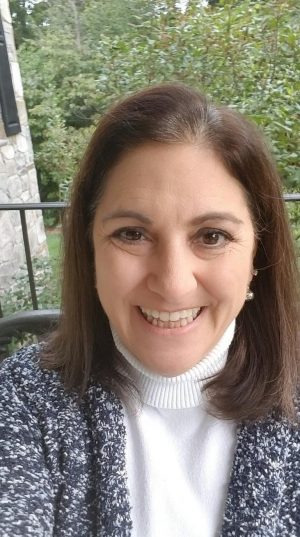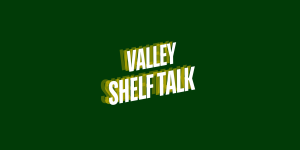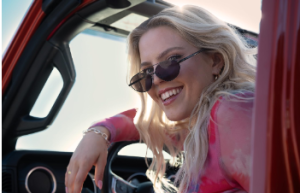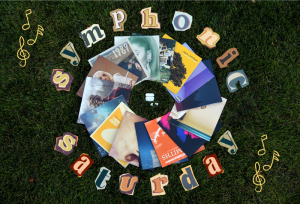A Memorable Meadow
April 2, 2021
Counselor Adria Frie’s conviction to help the environment is a seed that was planted in her childhood, but has grown and persisted throughout the years.
Frie’s father, whom she describes as an “outdoorsman, to say the least,” grew up in West Virginia. He imparted a personal philosophy that Frie continues to follow.
“And so he had instilled a passion for the outdoors for the environment, you know, doing what you can to improve your little corner of the world environmentally,” Frie said.
When Frie was young, her father bought a small property on a river in West Virginia, the location of weekend trips and Frie’s early reckoning of the changes occurring in nature.
“If I were to think of the early memories, it would be camping on the river and noticing the differences year over year in the flora and the fauna, and you know, you definitely see the effects of the environment on your amphibious creatures first, right,” she said.
For Frie, improving her little corner of the world came in the form of a long-term passion project: transforming a hill in front of her house into a meadowscape brimming with flowering plants, cherry trees, redbuds, and an assortment of native flora.
“One of my favorite sections is a section of milkweed. And watching and looking out for the monarchs and the caterpillars. And so it’s a big project,” Frie said. “I’ve been doing it for about five or six years, and I started from seed and so it’s an ongoing passion and project to start to get it full. And, you know, develop it the way I kind of envisioned in my mind.”
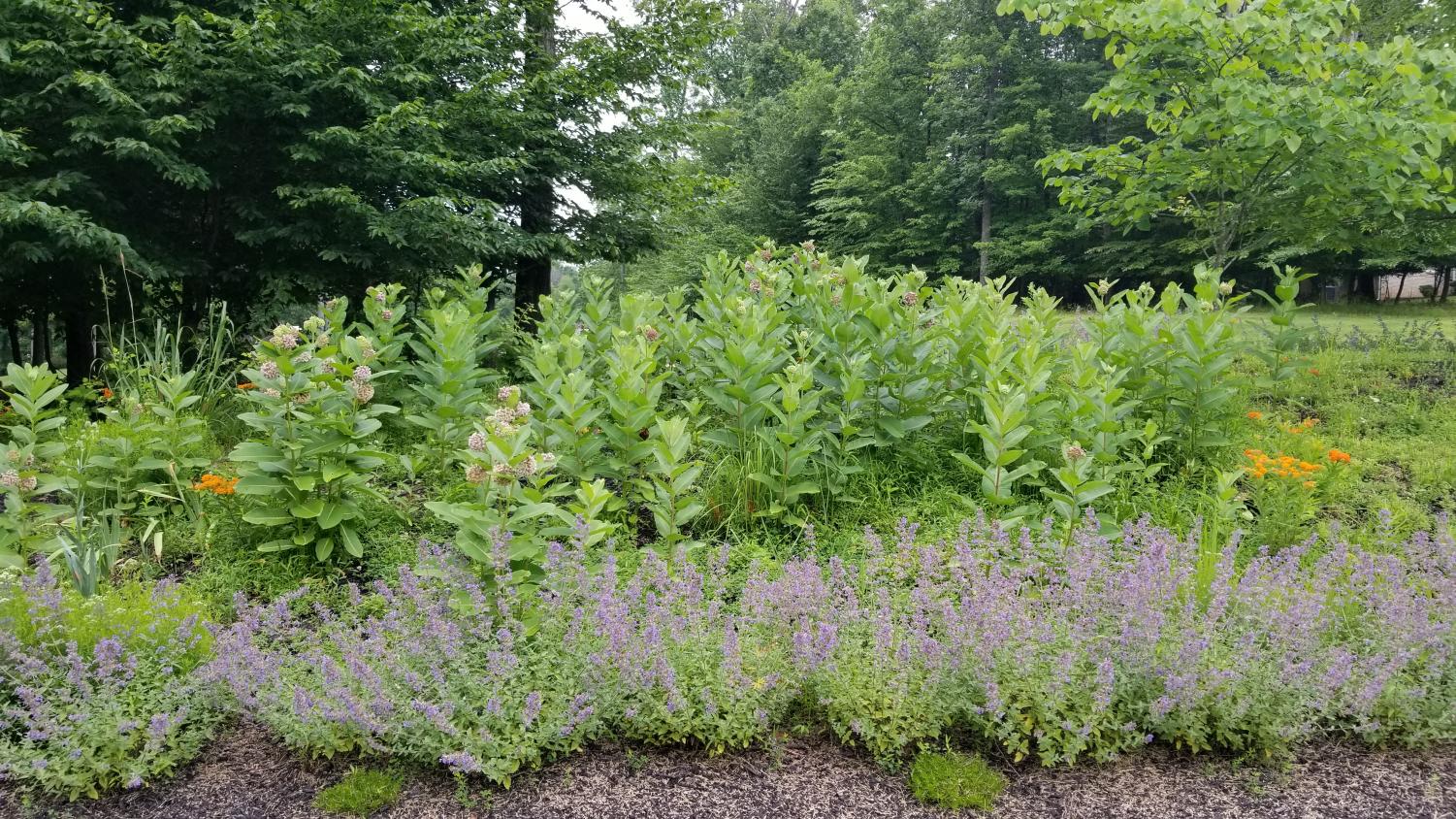
She notes that there is no meticulous plan she follows when it comes to developing her meadow hill, for she wants to keep it as natural as possible without projecting an image of perfection.
However, this project is not a solitary endeavor. She notes that she imbibed valuable knowledge and built relationships with people at nurseries. Her children also joined the gardening efforts.
“It’s been great because my kids have helped me, and now they’re off at college. And so they actually will text me and say ‘it’s warming up, I miss being out there with you.’ And so that’s really nice,” Frie said.
In the beginning, Frie and her children were unsure of how to make this idea come to fruition.
“Initially the challenge we faced was that we didn’t know what we were doing,” Frie said. “We read things and we thought we had a good idea. There are a lot of things we would do differently now that we’ve done it. But it was a huge learning curve.”
Selecting the appropriate plants, enduring the stream of inquisitive questions and opinions that came along with starting something new, while balancing other elements of her personal life encompassed some of the challenges faced by Frie in an attempt to execute this project. But now, it has evolved from a personal goal into a part of the community.
The garden initiates a barrage of questions. Frie reiterated a few common ones.
“Oh my gosh, what’s that plant?”
“I always see 70 birds in your yard. Why is that? We hardly have any.”
“So it just sparks the conversation. So hopefully, the idea of planting more natives within my little community will start to grow,” Frie said.
Frie is envisioning growth in her future plans as well. The currently unfinished meadow hill is meant to be the predecessor of another project.
“We have woods behind our house. And so what we want to do is create some paths, and then start to fill in some more of the endangered woodland plants,” Frie said. “With the habitats kind of getting chipped away, some of the species are endangered, so I want to try to find those species and get them going in the backyard.”
Frie notes that the encroachment on wildlife’s habitat is a result of growth and development efforts. But these actions should cause a heightened sense of responsibility.
“And we’re in a position where we can add things to the environment, because we have a larger lot, so that we feel like we should do,” Frie said.
During a time when awareness about environmental issues is widespread, Frie holds onto the same belief of her father’s that was imparted years before on those camping trips.
“So if I can focus on my little corner, if I recycle, and I compost, if I don’t use chemicals on my lawn, and if I plant native plants, I’m making this little corner better,” Frie said. “And that I think, ends up making other things better.”

